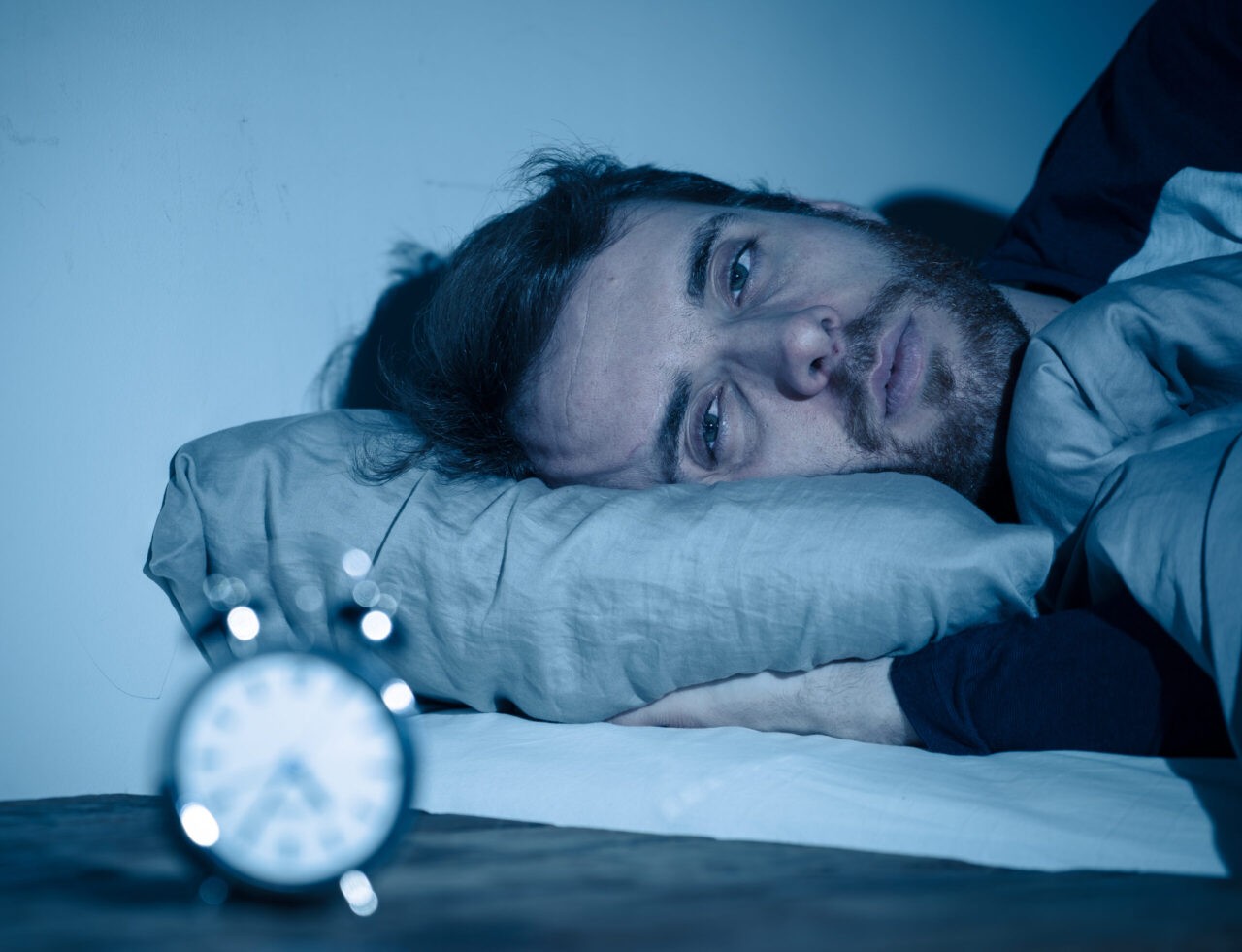Cannabinoids in the Treatment of Insomnia Disorder: A Systematic Review and Meta-Analysis

Abstract
Background: Insomnia is associated with significant comorbidity, disability and impact on quality of life and, despite advances in pharmacotherapy and psychotherapy, remains a significant burden to society. Cannabinoids are gaining acceptance for use as medicines in the treatment of insomnia disorder.
Objective: We conducted a systematic review and meta-analysis to evaluate the efficacy of cannabinoids in the treatment of insomnia disorder.
Methods: We performed a systematic review of the PubMed, Cochrane Library, MEDLINE, and Cumulative Index to Nursing and Allied Health Literature Complete databases from inception to 5 December 2019, and again prior to data abstraction, for studies of cannabis-based products for the treatment of insomnia disorder in adults. Inclusion criteria were (1) clinical studies, (2) participants aged ≥ 18 years, (3) insomnia disorder either formally diagnosed against contemporaneous diagnostic criteria or quantified with validated instruments and (4) compared cannabis-based products with the standard of care, placebo or a sedative. No language restrictions were imposed. Non-primary research, animal studies and studies of cannabis-induced insomnia were excluded. Risk of bias was assessed using the RoB 2 tool for randomised controlled trials (RCTs) and Risk of Bias in Non-randomized Studies-of Interventions (ROBINS-I) tool for non-randomized trials. Heterogeneity was assessed with the I2 statistic.
Results: A total of five studies (two RCTs and three non-randomised studies) with 219 study participants were included, of which three could be combined. The three non-randomised studies contributed data on the Pittsburgh Sleep Quality Index Questionnaire score, showing a favourable effect of cannabinoids at ≤ 4 weeks of follow-up (mean difference – 1.89 [95% confidence interval {CI} – 2.68 to – 1.10]; n = 176) and at 8 weeks of follow-up (mean difference – 2.41 [95% CI – 3.36 to – 1.46]; n = 166). One double-blind crossover RCT (n = 32) reported that, compared with amitriptyline, nabilone-a synthetic analogue to tetrahydrocannabinol (THC)-improved Insomnia Severity Index scores after 2 weeks of treatment (adjusted difference – 3.25 [95% CI – 5.26 to – 1.24]) and resulted in a more restful sleep as a sub-measure of the Leeds Sleep Evaluation Questionnaire (LSEQ) (difference 0.48 [95% CI 0.01-0.95]) but with no effect on overall sleep quality as measured by the LSEQ. In a single ascending-dose RCT (n = 9), THC reduced sleep-onset latency compared with placebo at 10 mg, 20 mg and 30 mg doses (mean difference – 43.00 min [95% CI – 82.76 to – 3.24], – 62.00 [95% CI – 103.60 to – 20.40] and – 54.00 [95% CI – 103.93 to – 4.07], respectively). All the included studies were assessed as poor quality, mainly due to small sample sizes, short treatment periods, uncertain clinical significance and high risk of bias.
Conclusions: Few studies have examined the efficacy of cannabinoids in the treatment of insomnia disorder. Despite some possible signals for efficacy, the heterogeneity of participants, interventions, efficacy outcomes and results, and the high risk of bias across included trials, do not reliably inform evidence-based practice. This review highlights shortcomings in the existing literature, including lack of diagnostic clarity, poorly defined participant groups, non-standardised interventions and studies of inappropriate design, duration and power to detect clinically meaningful outcomes. Further research in the form of high-quality RCTs are required before drawing any conclusions about the efficacy of cannabinoids in the treatment of insomnia disorder.
Read the full article: https://pubmed.ncbi.nlm.nih.gov/33244728/

